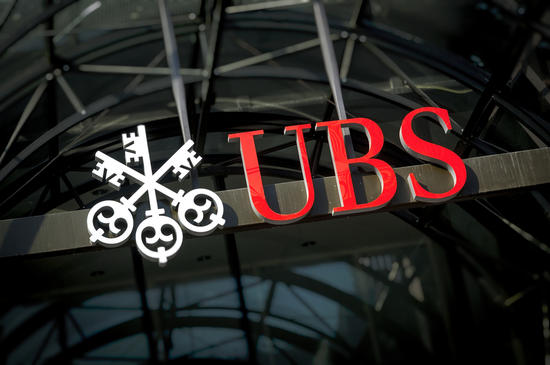Swiss regulators just dropped a major proposal that could reshape UBS's (UBS, Financial) balance sheet for years to come. Following the Credit Suisse crisis, the Swiss Federal Department of Finance is looking to tighten the screws—hard. The plan? Force UBS to fully capitalize its foreign subsidiaries, up from the current 60% threshold, effectively requiring a $26 billion boost in common equity tier one capital. While UBS would be allowed to cut $8 billion in AT1 bonds, the net capital addition still lands at a hefty $18 billion. The proposal wouldn't become law before 2028, and UBS would get a 6- to 8-year window to phase it in—but the message from regulators is clear: no more room for balance sheet loopholes.
UBS isn't thrilled. Management called the proposal “extreme” and warned it could dent the bank's international competitiveness. The new framework would make future foreign expansions significantly more expensive—especially if they can no longer be financed with holding company debt. Despite the tough tone, UBS shares actually climbed 3.8% after the news, likely reflecting investor optimism that there's still room to negotiate. Parliament has to sign off, and if Swiss voters gather enough signatures, the entire package could face a referendum, delaying implementation or even stopping it altogether. UBS is already gearing up for a drawn-out lobbying campaign, knowing full well that Switzerland's political system leaves space for compromise.
But the capital hike is just one piece of the puzzle. The reform package also includes tighter oversight on asset quality, potential fines for misconduct, and the introduction of a senior managers regime to hold executives more directly accountable. Regulators are eyeing tougher treatment for less recoverable assets—like internally developed software and deferred tax credits—which could further erode capital buffers. These proposed changes could hit the bank's capital position harder than expected if fully enforced. UBS says it plans to “actively engage” in the consultation and push for alternatives with a more balanced cost-benefit profile. But with regulatory momentum building and political factions divided, investors should brace for a drawn-out battle—with real implications for UBS's capital strategy in the years ahead.

